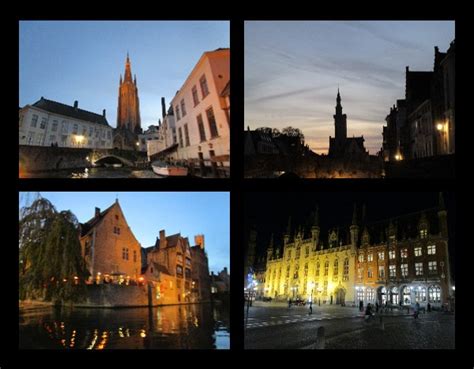A Quote by Gilbert K. Chesterton
One of the chief uses of religion is that it makes us remember our coming from darkness, the simple fact that we are created.
Related Quotes
We must embrace our differences, even celebrate our diversity. We must glory in the fact that God created each of us as unique human beings. God created us different, but God did not create us for separation. God created us different that we might recognize our need for one another. We must reverence our uniqueness, reverence everything that makes us what we are: our language, our culture, our religious tradition.
And it is in this darkness, when there is nothing left in us that can please or comfort our own minds, when we seem to be useless and worthy of all contempt, when we seem to have failed, when we seem to be destroyed and devoured, it is then that the deep and secret selfishness that is too close to us for us to identify is stripped away from our souls. It is in this darkness that we find liberty. It is in this abandonment that we are made strong. This is the night which empties us and makes us pure.
Simple molecules combine to make powerful chemicals. Simple cells combine to make powerful life-forms. Simple electronics combine to make powerful computers. Logically, all things are created by a combination of simpler, less capable components. Therefore, a supreme being must be in our future, not our origin. What if "God" is the consciousness that will be created when enough of us are connected by the Internet?!!
This country of ours has more wealth than any nation, but that's not what makes us rich. We have the most powerful military on Earth, but that's not what makes us strong. Our universities and our culture are the envy of the world, but that's not what keeps the world coming to our shores. Instead, it is that American spirit - that American promise - that pushes us forward even when the path is uncertain; that binds us together in spite of our differences; that makes us fix our eye not on what is seen, but what is unseen, that better place around the bend.
The knowledge exists by which universal happiness can be secured; the chief obstacle to its utilization for that purpose is the teaching of religion. Religion prevents our children from having a rational education; religion prevents us from removing the fundamental causes of war; religion prevents us from teaching the ethic of scientific cooperation in place of the old fierce doctrines of sin and punishment. It is possible that mankind is on the threshold of a golden age; but, if so, it will be necessary first to slay the dragon that guards the door, and this dragon is religion.
God created us in joy and created us for joy, and in the long run not all the darkness there is in the world and in ourselves can separate us finally from that joy, because whatever else it means to say that God created us in His image, I think it means that even when we cannot believe in Him, even when we feel most spiritually bankrupt and deserted by Him, His mark is deep within us. We have God's joy in our blood.
And so it is true in this sense that there is essentially but one religion, the religion of the living God. For to live in the conscious realisation of the fact that God lives in us, is indeed the life of our life, and that in ourselves we have no independent life, and hence no power, is the one great fact of all true religion, even as it is the one great fact of human life. Religion, therefore, at its purest, and life at its truest, are essentially and necessarily one and the same.
The journey homewards. Coming home. That's what it's all about. The journey to the coming of the Kingdom. That's probably the chief difference between the Christian and the secular artist--the purpose of the work, be it story or music or painting, is to further the coming of the kingdom, to make us aware of our status as children of God, and to turn our feet toward home.
At a theoretical level, I think a naturalist approach to religion is just asking questions I'm not interested in. They're perfectly legitimate in their own terms, but they don't address the actual experience of how one or other aspect of religion becomes existentially meaningful to us in our actual lives. The fact that we ourselves are the subject of investigation makes all the difference.






































